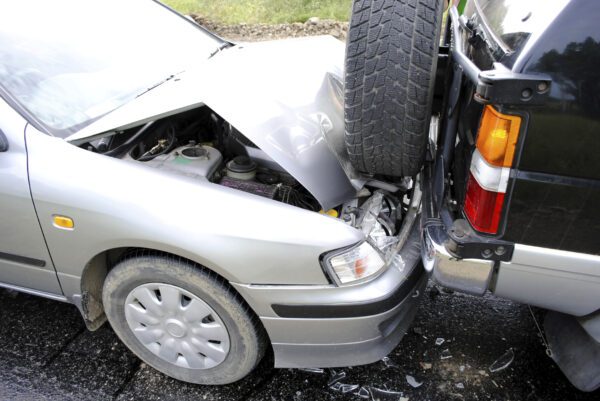
No one plans for an accident or injury. Unfortunately, chances are, at some point in life, whether minor or major, one will happen. If it is due to someone else’s negligence, knowing what to do after the accident will help you make an informed decision as you move forward on the road to recovery. Should you consider filing a personal injury claim, knowing what to do after an accident or injury, not of your own doing, will help you with successfully presenting your case.
The web is filled with informational guides on what to do after an accident. Most concern the immediate aftermath—generally the scenes at a car accident—when emotions are raw and critical steps to treat the injured are necessary. Though this information is essential in making your case, there are 3 things you should do after an accident or injury to bolster your personal injury claim. These are: taking notes, preserving evidence, and saving your medical records.
What Should I Do After an Accident?
The Importance of Taking Notes
Taking notes after an injury or accident may be the last thing you want to deal with after suffering a traumatic experience. Most people are trying to forget. However, doing so is the best way to preserve the exact details pertaining to your case and strengthen your position in time. Writing down the fine points of your accident in the immediate aftermath (or as soon as possible) is far more accurate than relying on your memory. Personal injury cases can last for months and even a year or more. Having notes to refresh your memory is more reliable than recall.
Put in writing such details as the obvious—what exactly happened—but provide context.
- Note the time, place, condition of the property and environmental conditions like the weather, names of those who were there, what was said, what happened leading up to, during, and then after the accident which caused the injury.
- Write as many details as you can, what you experienced and felt, and the extent of your injuries.
- Be sure to include physical and mental, your medical treatment and how the injuries affected your personal and professional life.
Preserve Evidence
After an accident, gathering information is instrumental in successfully being awarded compensation for damages relating to your personal injury claim. Take it as your responsibility to find and preserve evidence. In addition to writing down what happened as soon as possible, make sure doctor visits, any surgeries, any physical therapy, the time missed from work, and the impact that your injuries have on your family relationships are recorded.
Collect information from those who were there—ask for their names and telephone numbers and witness statements. If a car accident, get the name from the other driver, but also their insurance and policy number, and license plate number. Above all, if you physically can, pull out your smartphone and start taking photographs and videos of the accident site—whether a car, broken step or icy sidewalk. If you cannot record images or videos have someone you trust to do it as soon as possible.
If a police officer arrived at the scene of the accident and filed a report, request a copy. Prepared police reports will more than likely include information supporting your claim and personal injury lawsuit. In the instance of a car accident, the report will make determinations as to whether any traffic laws were violated, include witness statements, circumstances and potential causes of the accident, and the observations recorded by the responding officer.
Getting Copies of Your Medical Records
If you are receiving medical treatment for your injuries make sure you get copies of all of the medical records and billing information related to your treatment. The records of any treatment you received from every provider throughout all phases of your recovery should be copied. This includes diagnoses made and the recommended treatment, prescribed medications, and the reports and conclusions by the health care providers. Be prepared and plan ahead—receiving copies from larger healthcare providers and hospitals may take time.
Copies of your medical records relating to the accident may include those for any emergency medical services, i.e., ambulance or paramedic service, the emergency room treatment, hospital admission (if necessary), your primary doctor, the pharmacy prescriptions received, physical therapy, chiropractic care, and any other healthcare-related specialists.
Accidents and injuries can be a trying experience for anyone. If it’s a result of negligence, visit the Maine law firm of Hardy, Wolf & Downing for a free consultation. Serving Mainers for over 35 years, we fight for our clients to ensure that they receive the best legal assistance and are awarded the just compensation they deserve for their injuries.

